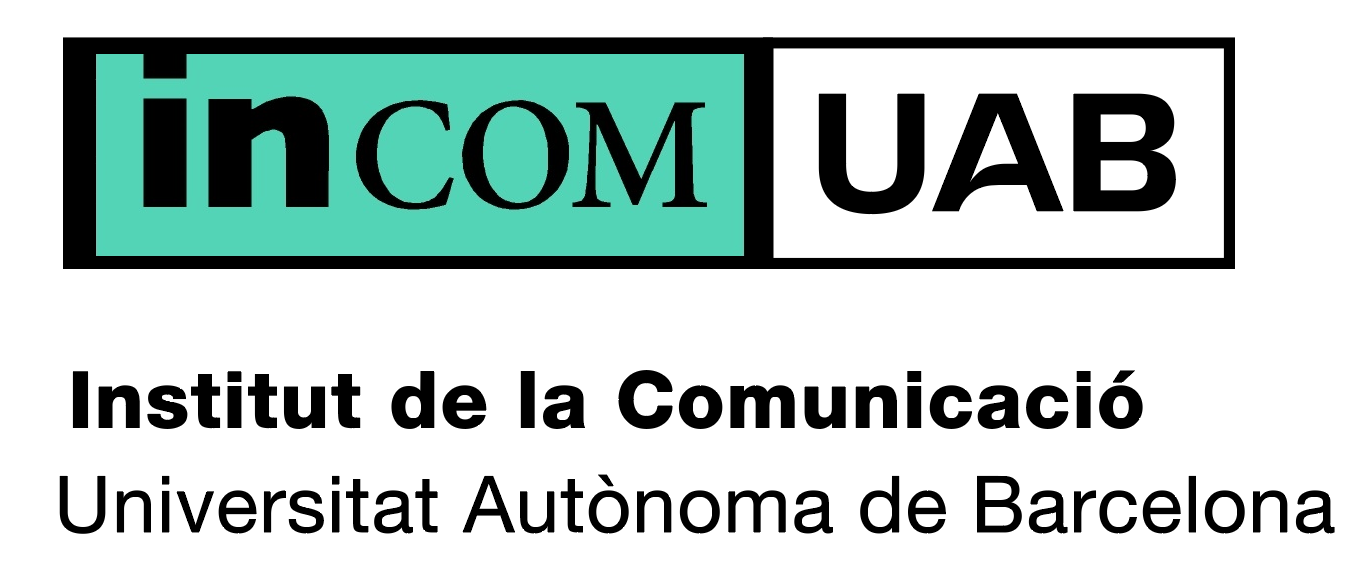Luiz Peres Neto presenta alguns dels primers resultats del projecte “Diàleg Brasil-Espanya per a la innovació docent en comunicació inclusiva (2021-2023)”, finançat per la Fundació Autònoma Solidària. Concretament, Peres Neto aborda les primeres conclusions resultat del treball de camp realitzat amb alumnat del Grau de Periodisme a la Universitat Autònoma de Barcelona.
Informació sobre aquesta activitat (en anglès)
Press Ethics and Media Freedom: One Day Symposium
8th June 2022, Bridewell Hall, St Bride Foundation, 14 Bride Ln, London EC4Y 8EQ
Inclusiveness communication: an ethical value for future journalists?
Dr. Luiz Peres-Neto
Serra Húnter Lecturer at Department of Journalism and Communication Science
Associate Research at Institute for Communication
Autonomous University of Barcelona (Spain)
Although designed with different proposes, human rights agreements, constitutions, and many journalism ethical codes explicitly support diversity and pluralism as core values on information rights for a healthy democracy. However, in the context of a platform society (Dijck et al., 2018), grounded in a complexified marketplace of ideas (Price, 2015) under an astonishing information disorder (Wardle, 2018), and a rampant growth of polarization, hate and intolerance over media ecosystem (Fletcher & Jenkins, 2019; Paz et al., 2021), the defense and support of fundamental rights has become an even more urgent pledge. Based on that, this paper discusses the results of ongoing research on inclusiveness communication as an idea to spread commitment with moral values such as diversity and respect for the otherness. We inquire third-year journalism students at the Autonomous University of Barcelona about what they believe is an inclusiveness communication, why we should study it at a journalism degree, and what topics they would address if they could research it. Results indicates an idealized view of these values and on the idea of inclusiveness. Students considered representation and visibility of LGBTIQ+ and women, and the use of an inclusiveness language as the central issues for developing an inclusiveness communication. Other minorities, the otherness, and a deeper discussion on diversity were hidden, apparently as a reflection of our fragmented society, accurate to capture particularities of important issues although unable to take any big-picture of a broad and complex social phenomenon.
References
Dijck, J. van, Poell, T., & Waal, M. de. (2018). The Platform Society Public Values in a Connective World. Oxford University Press.
Fletcher, R., & Jenkins, J. (2019). Polarisation and the news media in Europe (Issue March). https://reutersinstitute.politics.ox.ac.uk/our-research/polarisation-and-news-media-europe
Paz, M. A., Mayagoitia-Soria, A., & González-Aguilar, J.-M. (2021). From Polarization to Hate: Portrait of the Spanish Political Meme. In Social Media + Society (Vol. 7, Issue 4, p. 205630512110629). https://doi.org/10.1177/20563051211062920
Price, M. E. (2015). Free Expression, Globalism and the New Strategic Communication. Cambridge University Press.
Wardle, C. (2018). The Need for Smarter Definitions and Practical, Timely Empirical Research on Information Disorder. Digital Journalism, 6(8), 951–963. https://doi.org/10.1080/21670811.2018.1502047

